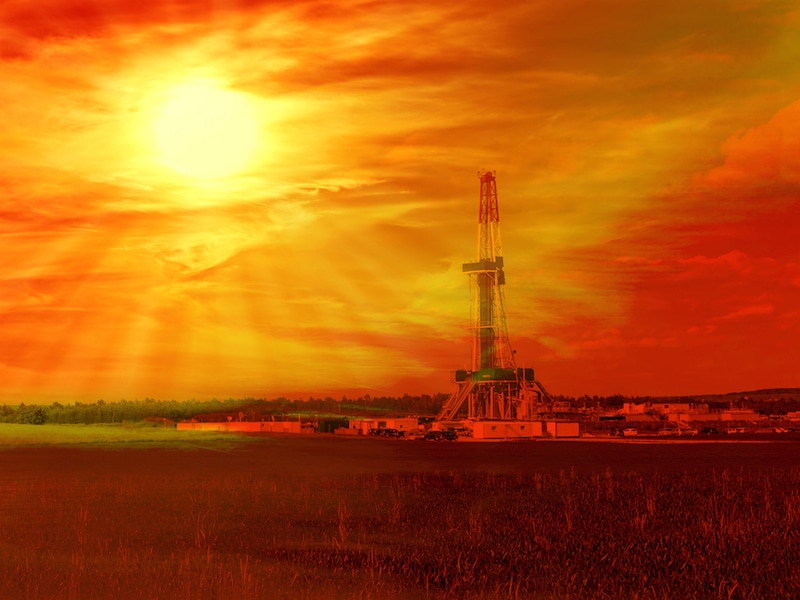Shale gas is not a wonder solution to solve all energy concerns in Europe. This is what a recently published document of EASAC (European Academies Science Advisory Council) has stated.
The stance taken matches the beliefs of many researchers around the European Union (EU), all of them warning about the uncertainties that may be caused by unprospected deposits, the dramatic decrease in oil prices, and significant environmental concerns.

"Scientific or technological reasons do not require that the prospecting and production of shale gas by fracking or hydraulic fracturing be banned" the EASAC document reads. The organisation however warns that despite a continuous improvement of production technology shale gas cannot be considered as a universal remedy for meeting the demand for energy in this continent, neither should it be seen as a cure for the reduction of greenhouse gas emissions responsible for global warming.
In fact fracking can increase global warming based on the amount of methane dissipated during exploitation. In regions of the USA where intensive fracking is practised the amount of methane in the air has risen, with the obvious explanation that it is due to exploitation. This is why EASAC emphasizes in its report “the only case when mining shale gas is likely to decrease global warming caused by greenhouse gases is when methane dissipation at every stage of fracking may be prevented, from the very start of prospecting drills through production up to the closure of the wells”.
Another environmental cause for concern, as clarified by Hungarian biologist Gábor Vida is that it not always possible to know which chemicals are being applied to the water used to drain the gas. "One of those [chemicals] may be polyacrylamide. On it is own, the matter is really not hazardous. But if it decomposes, then what you get is acrylamide, a known neurotoxin, i.e. a poison. In New York State, for instance, its use has been banned for that reason” he said.
However, feeding energy demand with more fuel is a twentieth century notion, in the "green-clean-smart" world of the twenty first century we have a new understanding – tackling energy demand with energy efficiency. In this historic continent, the urban environment and especially buildings remain highly inefficient.
The EU Commission says buildings consume 40% of EU energy and the potential for savings is vast as three quarters of property is inefficient. The 28-member EU bloc spends more than a billion Euros a day on importing fossil fuel, much of which is used by buildings, chiefly for heating and cooling. Both the commission and the building industry agree that efficiency is Europe's answer to the US shale gas revolution, which has greatly reduced US energy costs.
"This sector is ready and waiting to eclipse shale gas as the biggest source of energy saved in this case," Barry Lynham, director of strategy for German firm Knauf Insulation, said.
In addition the commission states that “smarter building”, creates millions of jobs, fuels growth and cuts health bills (explaining that insulation cures the damp that causes asthma) while using less energy lowers emissions and improves air quality.
[contact-form-7 id="3204" title="memoori-newsletter"]
The benefits of building efficiency are numerous, efficiency is the power station you don’t need to build and the associated benefits of smart building will benefit health, living standards in addition to the national and regional European economies.
However, two energy related questions still remain, will efficiency be enough to tackle Europe’s increasing energy needs, and will the pace of increasing efficiency be able to match the pace of increasing energy demand?
Without answering either question, it is clear that the solution involves pushing efficiency as far as possible and as quickly as possible. In doing so we maximise energy saving while reducing fuel imports, any surplus demand could be met by taking full advantage of renewable energy, before utilising unconventional and conventional energy sources.



